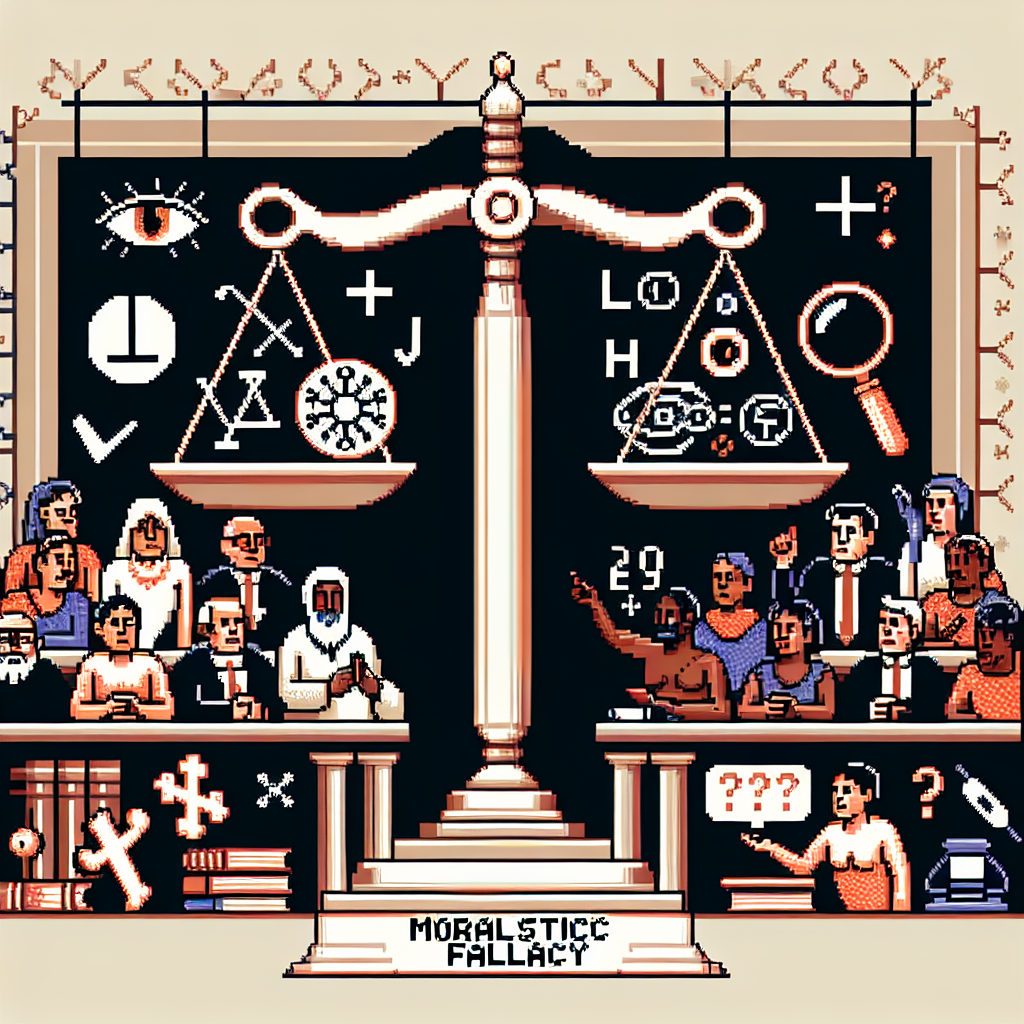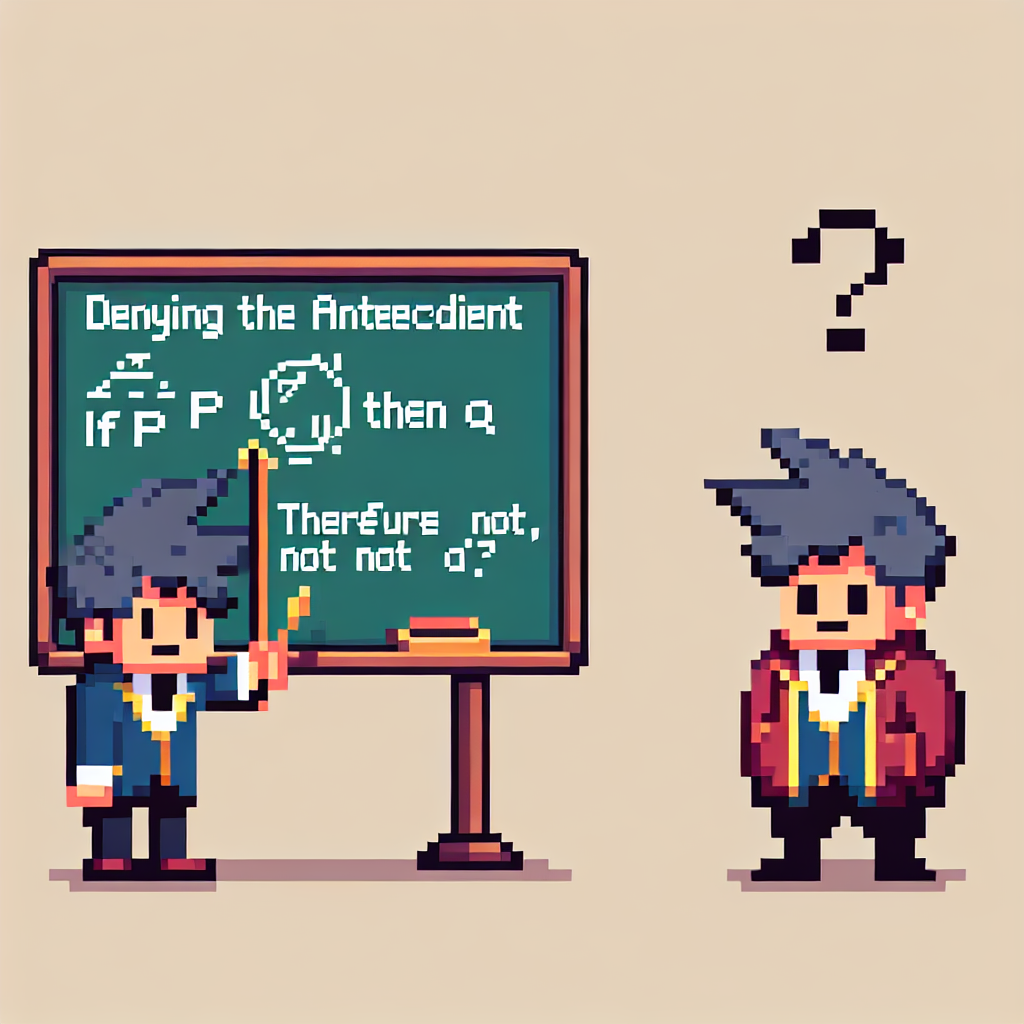False Equivalence
False Equivalence: Understanding the Importance Definition of False Equivalence False equivalence is a logical fallacy that occurs when two things are mistakenly considered equivalent simply because they share some superficial similarities. It may seem like they belong together in a comparison. However, their differences far outweigh their similarities, which can lead to incorrectly balanced arguments. […]









